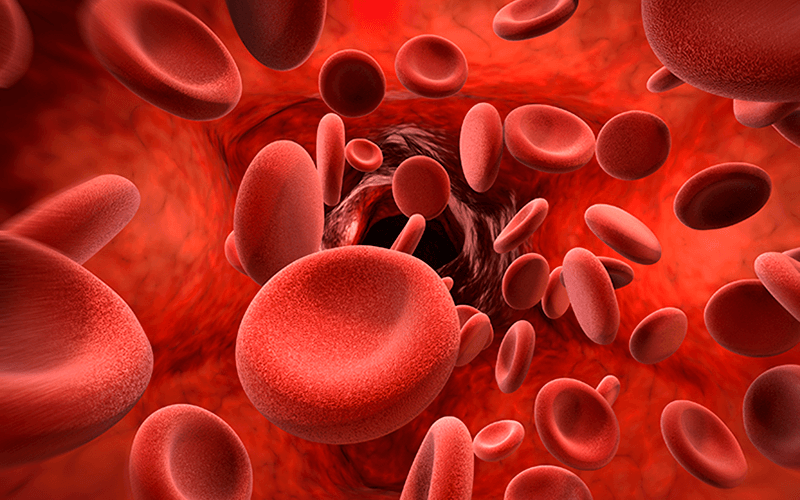“Accelerated antibody depletion may be relevant in patients at high risk of rapid organ function deterioration, because of high antibody titre and severe symptoms, related to immunological disorders”.

Haemophilia is a common hereditary haemorrhagic disorder caused by a deficiency in coagulation factor VIII or IX factors. The pathology determines the probability of severity bleeding. Diagnosis should be suspected in a patient with PTT prolongation against prothrombin time and normal platelet count. It is confirmed by the dosage of the specific factors.
Treatment involves substitution of the deficient factor if acute bleeding is suspected, or, if antibodies inhibiting factor VIII action are present, the execution of sessions of plasmapheresis, during which rapid and effective removal of the antibodies.
Molecules to be removed:
Factor VIII specific autoantibodies/inhibitorsSuggested therapies:
PEX, DFPP, Cascade Filtration
Macro-globulinaemia is an uncommon B-cell line neoplasm in which B-cells produce an excessive amount of IgM. It is clinically more similar to lymphoma than multiple myeloma or other plasma cellular diseases. The cause is unknown, mainly affects men around the age of 65. Most patients are asymptomatic, but many have anaemia or symptoms of a hyperviscosity syndrome: fatigue, asthenia, skin deposits, bleeding of the skin and mucous membranes, visual disturbances, headache, symptoms of peripheral neuropathy and other variable neurological manifestations.
The therapy includes plasmapheresis, with the aim of removing IgM and hyperviscosity triggers.
Molecules to be removed:
Macroglobuline IgMSuggested therapies:
PEX, DFPP, Cascade Filtration
The presence of PP1Pk antibodies is considered to be one of the main causes of repeated spontaneous abortions in the first phase of gestation. PP1Pk antibodies circulate in maternal blood and can cause irreversible problems. One of the possible therapeutic solutions for this lethal pathological condition for the foetus is plasmapheresis. Administered throughout the gestational course until the birth of the child, the plasmapheresis has the objective of removing this type of antibodies from the circulation, avoiding that they attack the foetus.
Molecules to be removed:
Antibodies PP1PkSuggested therapies:
PEX, DFPP, Cascade Filtration
